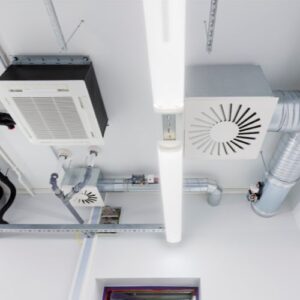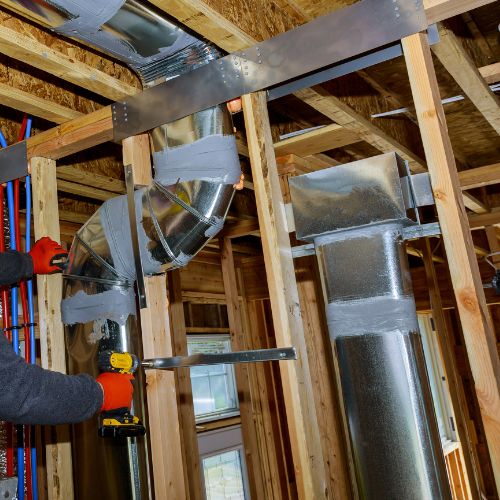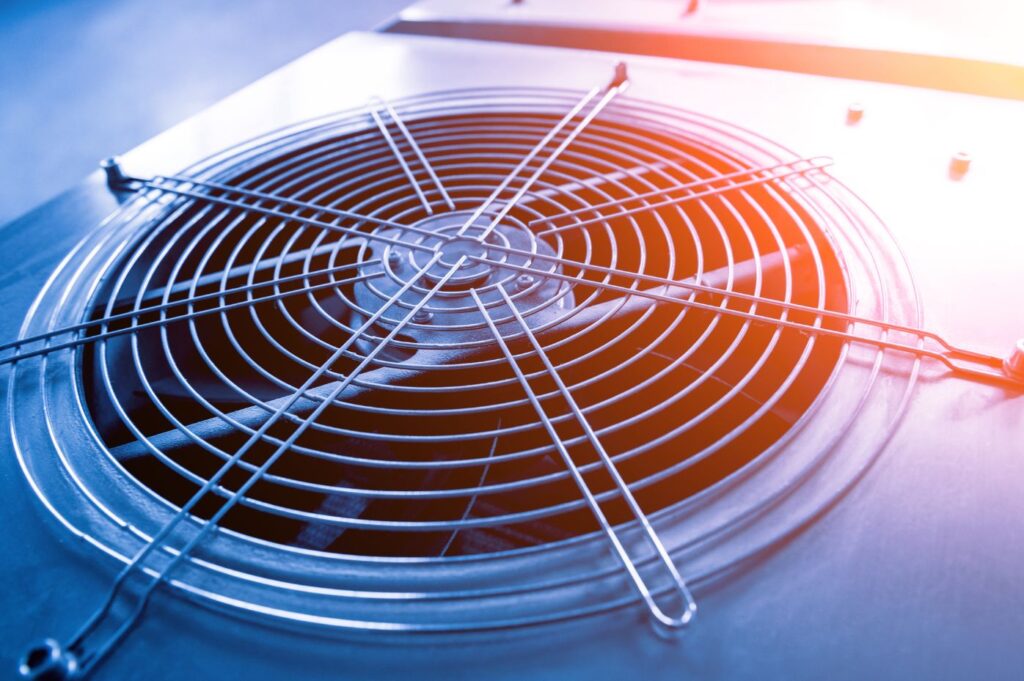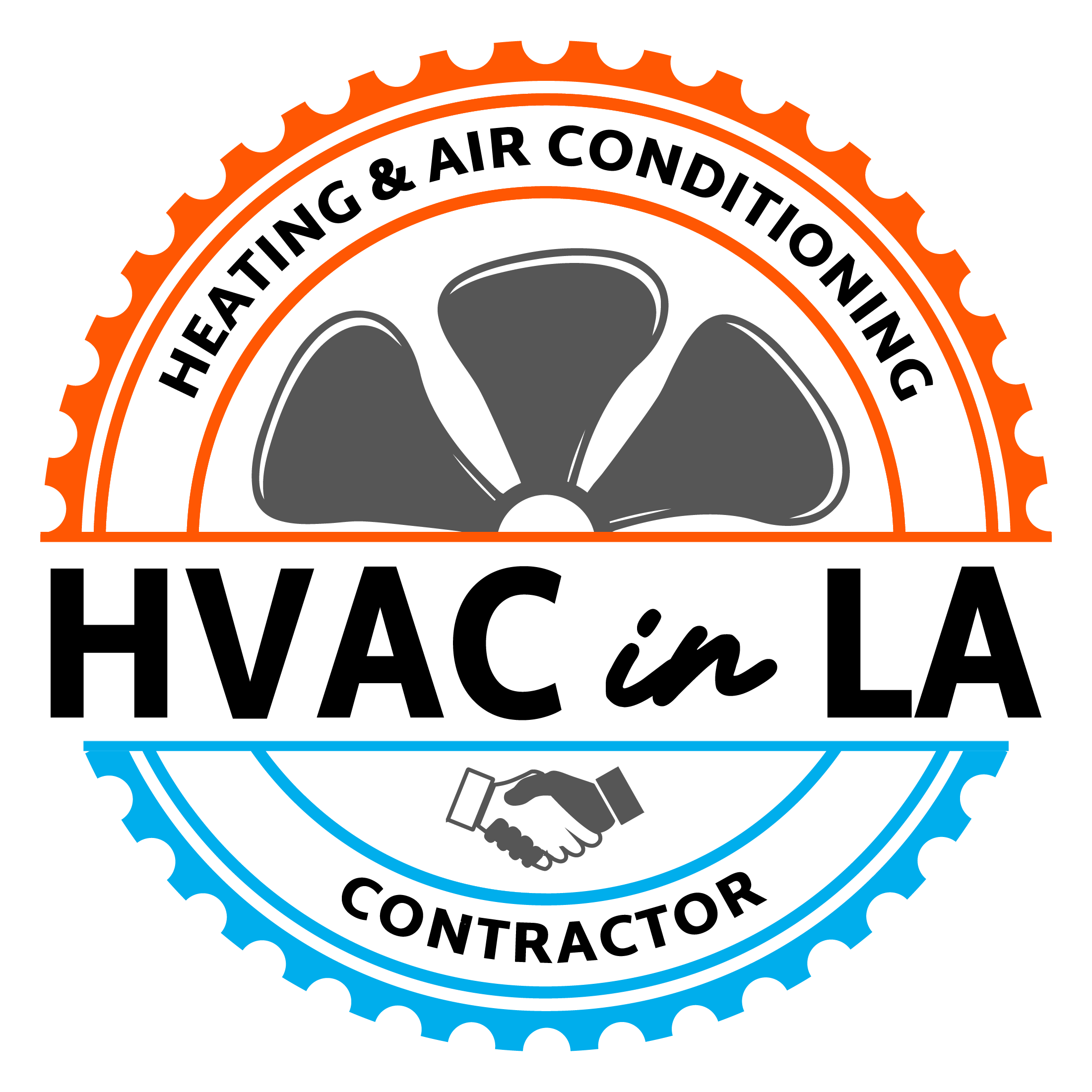
Installing HVAC zoning systems in your home can offer a multitude of benefits. One of the key advantages is the ability to customize the temperature in different areas of your house. With HVAC zoning, you can ensure that each room or zone is heated or cooled to its desired temperature, providing personalized comfort for everyone in your household. Another benefit of HVAC zoning systems is increased energy efficiency. By dividing your home into separate zones, you can control which areas receive heating or cooling, reducing energy waste. For example, if there are rooms that are infrequently used, you can simply turn off the HVAC in those zones, saving both energy and money on your utility bills. Additionally, zoning systems help to avoid overworking your HVAC unit by only activating it where and when it’s needed, prolonging its lifespan.
What to Consider When Choosing the Right HVAC Zoning System for Your Los Angeles Home
When choosing the right HVAC zoning system for your Los Angeles home, there are several factors to consider. First and foremost, you need to assess the size and layout of your home. HVAC zoning systems work by dividing your home into different zones, each with its thermostat. This allows you to control the temperature in each area independently. Therefore, it’s essential to choose a system that can effectively accommodate the size and layout of your home to ensure optimal comfort and energy efficiency. Additionally, you need to consider the specific needs and preferences of your household. Are there areas of your home that are frequently occupied or unused? Do you require different temperature settings in different rooms? Answering these questions will help you determine the number of zones and the type of zoning system that is best suited for your needs.
Another sign to watch out for is strange noises coming from your AC unit, such as grinding, banging, or squealing sounds. These unusual noises could be an indication of a loose or worn-out component that needs to be addressed. Additionally, if you start to notice a spike in your energy bills without any other explanation, it could be a sign that your AC system is not running efficiently and needs repair.
It’s important not to ignore these signs and to reach out to a reputable HVAC contractor in Los Angeles for professional diagnosis and repair. Attempting to fix the issue yourself or ignoring it could lead to more serious problems down the line. Taking prompt action ensures that your AC system will be back up and running efficiently, keeping your home cool and comfortable.
Common Misconceptions About HVAC Zoning Systems and the Truth Behind Them
When it comes to HVAC zoning systems, there are several common misconceptions that can lead homeowners to overlook this valuable solution for their heating and cooling needs. One misconception is that HVAC zoning systems are only beneficial for large homes. The truth is that HVAC zoning systems can be effective in homes of all sizes, as they allow you to control the temperature in different areas or zones of your home independently. This means you can adjust the temperature to your desired level in each area, eliminating hot and cold spots and providing personalized comfort throughout your living space.
Another misconception is that HVAC zoning systems are expensive to install and maintain. While there is an upfront cost associated with the installation of HVAC zoning systems, they can actually help you save money in the long run. By allowing you to heat and cool only the areas that are occupied rather than the entire house, HVAC zoning systems can significantly reduce energy waste and lower your monthly energy bills. Additionally, with proper maintenance and regular servicing, HVAC zoning systems can operate efficiently and effectively for many years, making them a worthwhile investment for your home’s comfort.
How HVAC Zoning Systems Can Help You Save Money on Your Energy Bills
HVAC zoning systems can have a significant impact on reducing your energy bills. By dividing your home into different zones, you have the ability to control the heating and cooling in each area separately. This means you can adjust the temperature to your liking in rooms that are frequently occupied while keeping unoccupied areas at a more moderate level. The ability to customize the temperature in each zone allows you to maximize comfort and minimize energy usage, resulting in lower utility costs.
HVAC zoning systems can also save you money by preventing overworking your HVAC system. Traditional thermostats control the temperature of the entire home, which can lead to excessive energy consumption. With zoning systems, you only heat or cool the rooms that require it, reducing the burden on your HVAC system. This can extend the lifespan of your equipment and prevent the need for premature repairs or replacements, which can be costly. Additionally, by optimizing the airflow and temperature distribution throughout your home, you can efficiently heat or cool your space, further reducing energy waste and ultimately saving you money.

The Installation Process of HVAC Zoning Systems and What to Expect
The installation process of HVAC zoning systems involves several steps to ensure a seamless integration into your home. First, a professional HVAC technician will assess your home’s layout and design a customized zoning system that meets your specific needs. This includes identifying the areas that require separate temperature control and determining the number of zones necessary.
Once the design is finalized, the installation process begins. This typically involves installing dampers in the ductwork to control the airflow to each zone. These dampers can be adjusted manually or automated, depending on your preference. The technician will also install thermostats in each zone to allow for individual temperature settings. Wiring and connections will be made to ensure proper communication between the thermostats and the HVAC system.
Throughout the installation process, the technician will work diligently to minimize disruptions to your daily routine. They will ensure that the system is properly calibrated and tested to guarantee optimal performance. Once the installation is complete, they will provide you with instructions on how to operate and maintain your new HVAC zoning system.
Signs That Indicate Your HVAC Zoning System Needs Repairs or Maintenance
There are several signs that may indicate that your HVAC zoning system requires repairs or maintenance. One common sign is uneven heating or cooling throughout your home. If you notice that certain rooms are consistently warmer or colder than others, it could be a sign that there is an issue with your zoning system. Another sign to look out for is increased energy bills. If you notice a sudden spike in your energy costs without any changes in your usage, it may be due to a malfunctioning zoning system.
Additionally, if you hear strange noises coming from your HVAC system or notice a decrease in airflow, it is advisable to have it inspected by a professional to determine if repairs are necessary. Regular maintenance is also crucial to ensure the optimal performance of your zoning system and can help prevent more significant problems from arising in the future. By staying vigilant and addressing any signs of trouble early on, you can avoid costly repairs and keep your HVAC zoning system running smoothly. If things look especially dismal, you can trust our team at HVAC in LA to return your zoning systems to proper working order in no time.

Contact HVAC In LA Today
Frequent Asked Questions
An HVAC zoning system is a system that allows you to divide your home into different zones, each with its own thermostat. This allows you to control the temperature in each zone independently, providing customizable comfort throughout your home.
Installing an HVAC zoning system can provide several benefits, including increased energy efficiency, improved comfort, and cost savings on your energy bills. It allows you to heat or cool only the areas of your home that are being used rather than wasting energy on empty rooms.
HVAC zoning systems help save money on energy bills by allowing you to heat or cool only the areas of your home that are being used. This reduces the amount of energy wasted on empty rooms, resulting in lower energy consumption and cost savings.
When choosing an HVAC zoning system, you should consider factors such as the size and layout of your home, your specific comfort needs, and your budget. It’s also important to consult with a reputable HVAC contractor who can assess your home and recommend the best system for your needs.
One common misconception about HVAC zoning systems is that they are expensive to install and maintain. However, the cost savings on energy bills over time can often offset the initial investment. Another misconception is that zoning systems are only beneficial for larger homes, but they can be beneficial for homes of all sizes.
Proper maintenance of your HVAC zoning system includes regularly cleaning or replacing air filters, scheduling annual professional inspections and tune-ups, and ensuring that all dampers and thermostats are functioning properly. It’s also important to follow the manufacturer’s guidelines for maintenance.
Some signs that indicate your HVAC zoning system needs repairs or maintenance include uneven heating or cooling in different zones, strange noises coming from the system, unusual odors, increased energy bills, and frequent system cycling. If you notice any of these signs, it’s recommended to contact a reputable HVAC contractor for inspection and repairs.


